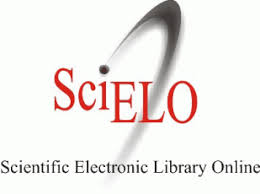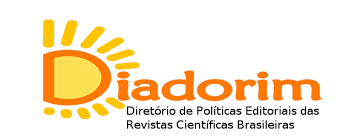Crisis Management in Tourism: Reflexes of the Covid-19 pandemic in the Accommodation Facilities in the city of Torres, Rio Grande do Sul – Brazil
DOI:
https://doi.org/10.14210/rtva.v24n3.p527-547Keywords:
Adverse events, Economic Impacts, Resilience, Management Strategies, Accommodation MeansAbstract
Unfortunately, adverse events are constant in the world, such as, environmental disasters, diplomatic crises, civil and humanitarian wars. Consequently, tourism is one of the most affected economic segments. Its economic impacts can have repercussions on a multilateral scale, with serious losses might be applied. By the end of 2019, the world was faced with the COVID-19 pandemic, providing catastrophic global effects. In this scenario, crisis management appears as a set of control and recovery strategies derived from these conditions. Then, the aim of this study was to investigate what were the main strategies adopted by the lodging facilities in the municipality of Torres (Rio Grande do Sul - Brazil) during the pandemic period, to reduce economic impacts. A structured interview was applied with 19 managers of lodging facilities in August 2021, having as main variables: strategies to contain the crisis, adaptation to health safety protocols and prospective measures for the stability of the enterprise. The data management of the google forms platform was adopted for data tabulation. The results showed negative impacts, such as a drastic drop in demand, economic difficulties, as well as numerous booking cancellations. The most recurrent strategies were marketing management and reduction of spending costs. It was evidenced that, in general, companies did not implement crisis management plans and, almost always, they acted in a reactive way.
Downloads
Downloads
Published
How to Cite
Issue
Section
License
Copyright (c) 2022 Turismo: Visão e Ação

This work is licensed under a Creative Commons Attribution 4.0 International License.












